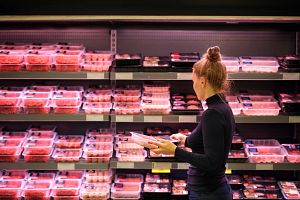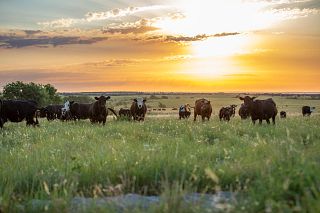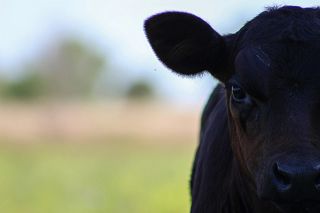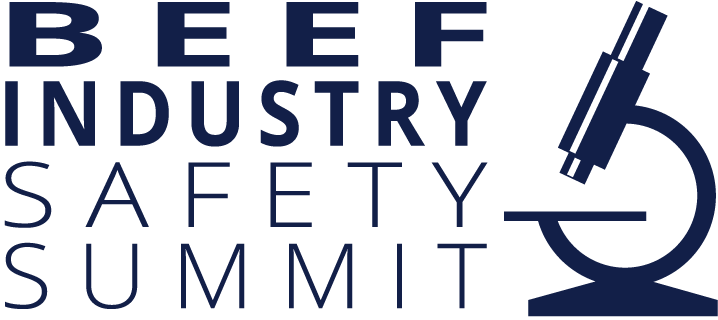Beef Safety
Browse the Beef Safety Research Library >
The Beef Safety Research program includes the study of cattle-borne pathogens and/or their resistance, with the potential for causing human illness and beef production practices that may impact either. Historically, this Beef Checkoff-funded Program has focused research on every step in the production chain, evaluating potential safety-enhancing interventions. In recent years, this program has concentrated on discovering opportunities for reducing safety threats at pre-harvest.
Beef Industry Safety Summit
This signature event began in 2003 as an opportunity to bring industry safety leaders and scientists together to hear the latest research results, learn about advancements in food safety monitoring and testing methodology, and openly converse with competitors seeking solutions that will benefit the entire industry. Today, this event continues to be a hallmark event for the industry to gather in a non-competitive spirit and address beef safety challenges.
The Beef Industry Safety Summit is one you don't want to miss!

CONSUMER PERCEPTIONS AND INSIGHTS ON FOOD SAFETY
Consumers consider a variety of factors when choosing a meal. The Consumer Beef Tracker, a continuous online survey run by National Cattlemen’s Beef Association, a contractor to the Beef Checkoff, shows taste, price, convenience, and health are more important than other aspects. In addition, safety is a top considered factor when making a meal decision as well. To investigate this more, NCBA sought to understand how food safety handling practices were perceived by consumers in a more general sense. As a result, consumer research was conducted that provides insight into how consumers prioritize and utilize food safety when it comes to cooking meals and meat at home.

CRISPR IN LIVESTOCK AND FOOD SAFETY: BEYOND GENOME EDITING
The CRISPR-Cas9 system is a novel biotechnology that is currently under diversified development as a gene editing tool for its application in humans, animals, plants, microorganisms, etc. In this fact sheet, we focus on its potential applications as “smart antimicrobials” in livestock for bacterial pathogen control, and rumen and gut microbiome editing to improve food safety and animal health.

SALMONELLA KEY FACTS RESOURCE GUIDES
Two resource guides have been recently completed by the American Meat Science Association (AMSA) on key facts regarding Salmonella, as a response to the USDA's Food Safety and Inspection Service and its proposed determination to declare Salmonella an adulterant in not Ready-To-Eat (NRTE) breaded stuffed chicken products. Included in the guides are information about current detection methodologies, Salmonella sources, reservoirs, and modes of transmission.

